Many people were startled by the answer but had to nod because it was so correct.
A while ago, Ms. Ly (China) shared a story that attracted a lot of attention. She said that on her son's birthday, her parents came early in the morning, bringing many specialties from their hometown and preparing gifts for him.
While the whole family was happily gathered together, she discovered something strange: the child, even though he was only in elementary school, did not seem very close to his maternal grandparents, while he was always clinging to his paternal grandfather - who did not bring any gifts.
She wondered if there was a difference between her paternal grandfather and maternal grandfather. They were both obviously the child's grandfather, and they both loved their grandchild equally, but why did the child behave like this? Was her child already "deviant" at such a young age?
Relationships between members and level of intimacy
In traditional culture, hierarchical titles are not only used to distinguish family members but also to show the level of closeness.
Professor Fei Xiaotong - a famous Chinese sociologist once introduced the concept of "order differential structure", emphasizing that relationships in traditional society are built according to a concentric circle model, with oneself as the center and spreading out based on blood and geographical relationships.
In this structure, each person's position is different, so the level of intimacy is also different.
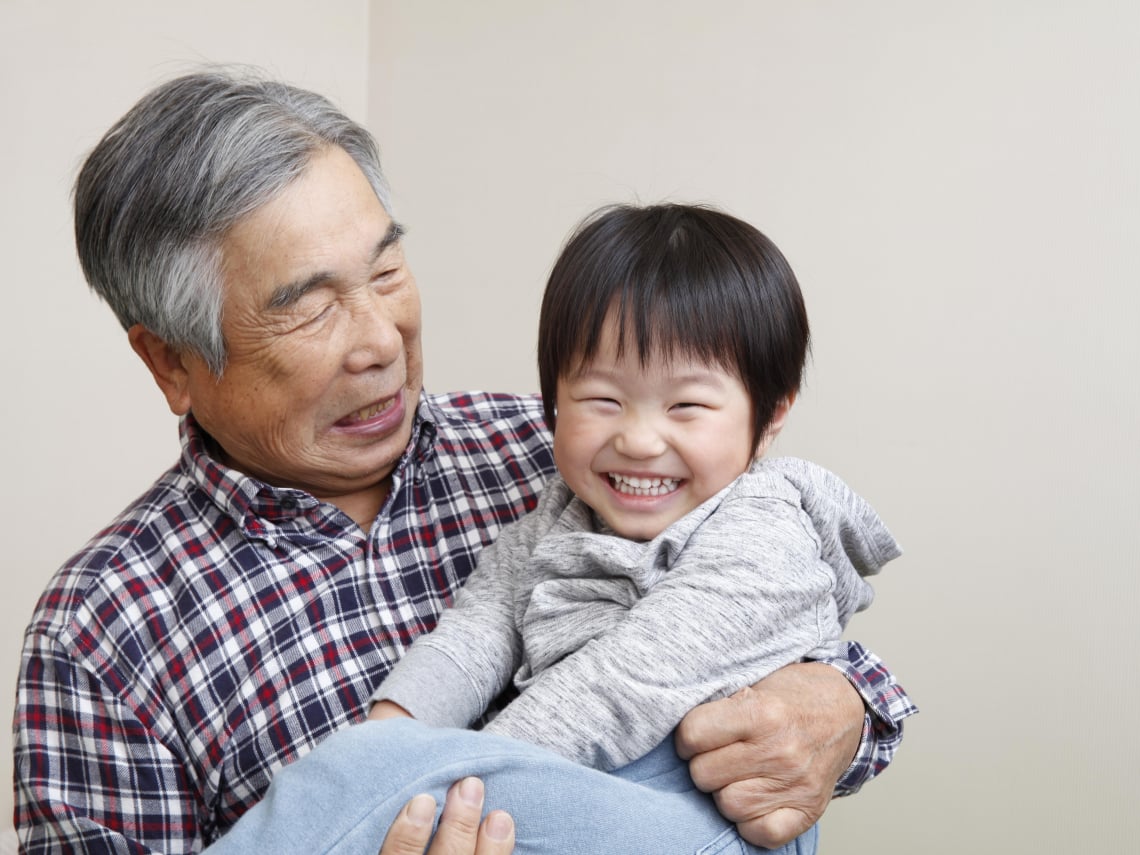
Illustration photo
The role of paternal and maternal grandfathers in the family
In the family, both paternal and maternal grandfathers are the immediate elders of the grandchildren. However, their roles and influence on the children can be different.
From a material perspective, paternal and maternal grandfathers often support their grandchildren based on their economic capabilities and family traditions. This support not only meets the children's living needs but also affects their feelings and perceptions of kinship.
Emotionally, the degree of attachment between a child and his or her paternal or maternal grandfather depends on the family environment, cultural background and individual personality. In some families, paternal grandfathers often participate in caring for and playing with their grandchildren, creating a deep bond. Conversely, in some families, maternal grandfathers are closer to their grandchildren because of their close relationship with their daughter – the child’s mother.
As a child grows up, paternal and maternal grandfathers as “significant others” will have a profound impact on the child's personality formation. Paternal grandfathers may convey family values and expectations of male roles, while maternal grandfathers often emphasize independence and personal development.
Analysis from a psychological perspective
According to attachment theory, the relationship between child and caregiver has an important influence on the child's emotional development and ability to integrate socially.
The quality of interaction, frequency of communication and the extent to which children share emotions with their paternal and maternal grandparents will determine the bond and closeness between them.
In addition, according to Social Learning Theory, children learn how to behave and acquire values through observing and imitating those around them. The behaviors, attitudes and beliefs of their paternal and maternal grandparents will become models for children to follow, thereby influencing their habits and personalities.

Illustration photo
Whether a paternal or maternal grandfather is closer to a child is determined by the length of contact and daily behavior.
Although paternal and maternal grandfathers may differ in their concepts and roles in the family, their relationship with children still depends largely on the frequency of contact and how they behave on a daily basis.
Therefore, it is impossible to affirm that paternal or maternal grandfather is closer, but it is necessary to consider the specific circumstances of each family.
Each family has different circumstances, and the relationship between children and their paternal or maternal grandparents is also influenced by many factors such as family environment, cultural background, personal personality and daily interactions.
In modern society, with the diversity in family structures and value views, the relationship between children and their paternal and maternal grandparents is constantly changing and developing.
It is important that, whether you are a grandfather or a grandmother, you make an effort to build a positive, healthy relationship with your child, accompanying and loving them on their journey to adulthood. Daily contact and attachment will be the most valuable asset in the family relationship.
Source: https://giadinh.suckhoedoisong.vn/tre-than-voi-ong-ngoai-hay-ong-noi-hon-cac-nha-khoa-hoc-da-dua-ra-cau-tra-loi-ngam-lai-thuc-te-cang-them-xot-xa-172250101135952726.htm



![[Photo] National Assembly Chairman Tran Thanh Man receives Chairman of the House of Representatives of Uzbekistan Nuriddin Ismoilov](https://vphoto.vietnam.vn/thumb/1200x675/vietnam/resource/IMAGE/2025/10/27/1761542647910_bnd-2610-jpg.webp)



![[Photo] Party Committees of Central Party agencies summarize the implementation of Resolution No. 18-NQ/TW and the direction of the Party Congress](https://vphoto.vietnam.vn/thumb/1200x675/vietnam/resource/IMAGE/2025/10/27/1761545645968_ndo_br_1-jpg.webp)






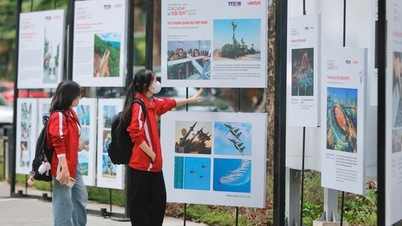
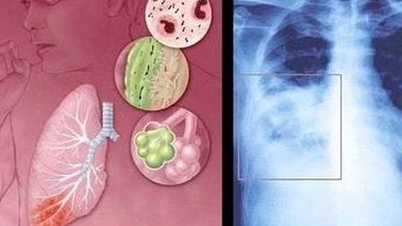






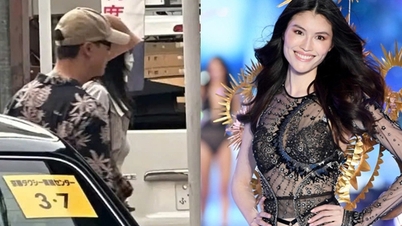











































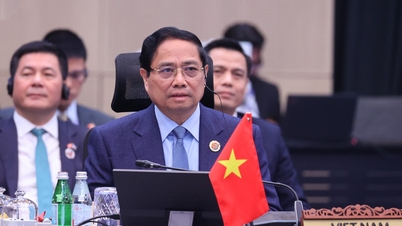






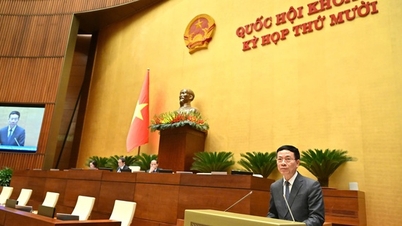



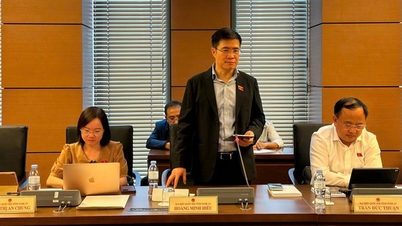
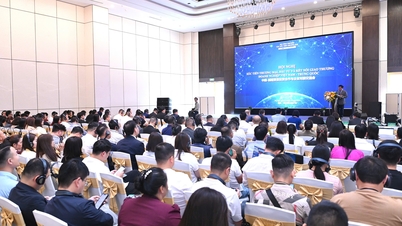

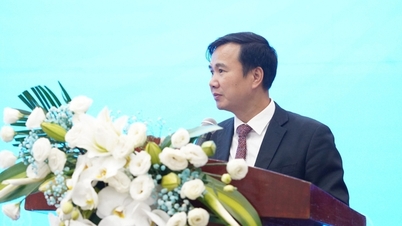


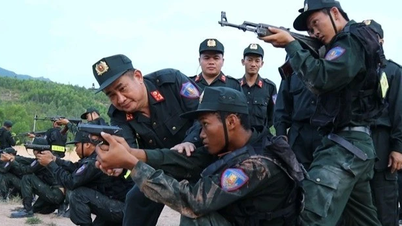

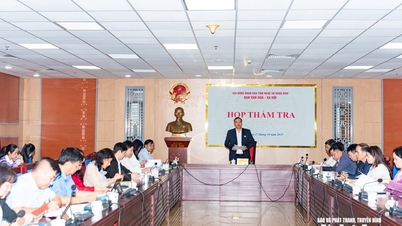

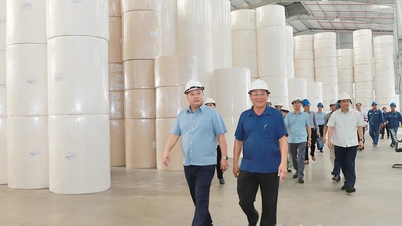
















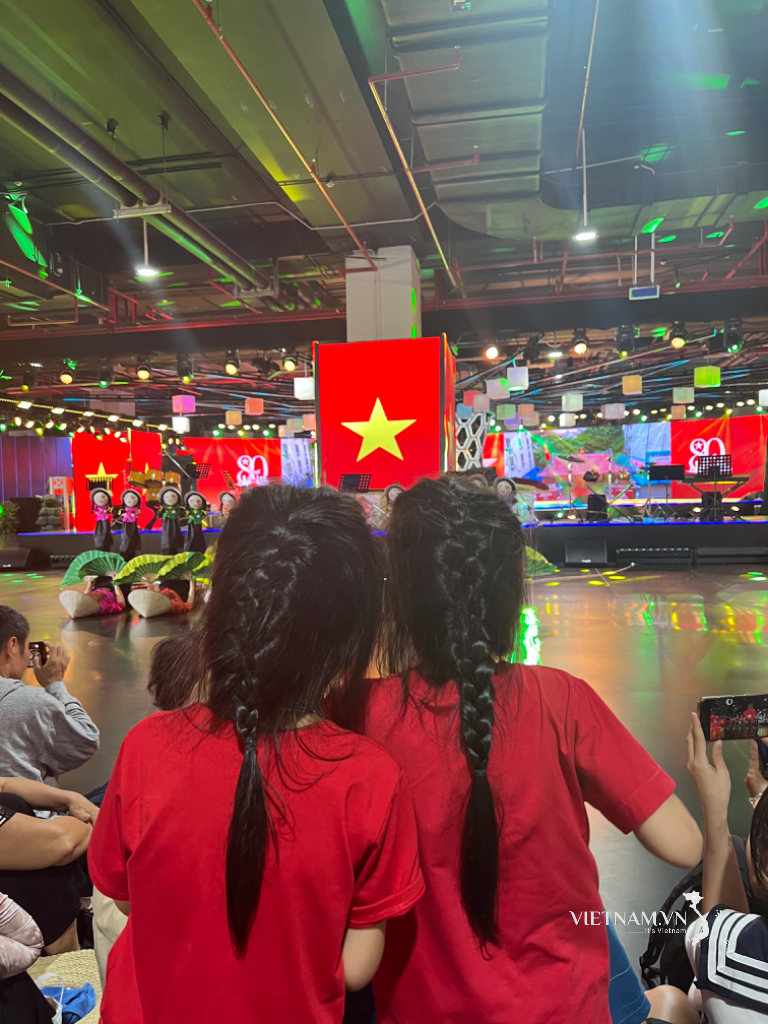


Comment (0)